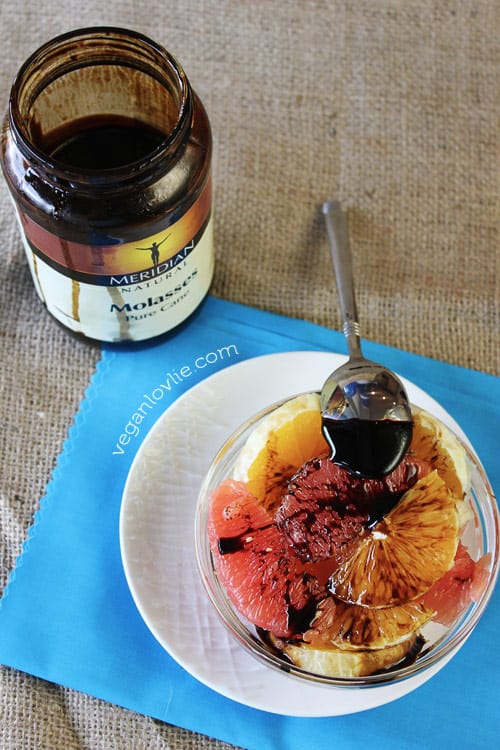
Molasses is something that reminds me of many childhood memories. There was one particular molasses fudge that was available at the deli counter of one particular store in Mauritius. Back in the days, we wouldn’t go there often but whenever Mum would take us, it was really something we looked forward to. However, as time passed, this store no longer made the molasses fudge and seemed to have replaced the ingredient with just brown sugar, or so it tasted like it.
Mauritius is a sugar producing country and you would think molasses would be readily available in the stores. Ironically enough, it is not. And still the biggest irony is that I can find molasses here in Europe, produced in Mauritius! Yep, this is how it goes. If I were in Mauritius, I wouldn’t readily find molasses. The only way you can get hold of some molasses is if you know someone working at a sugar mill.
Well, I am thankful that I can find it here at least because molasses is one thing I really love! It lends a distinctive flavour into many baked goodies; I always put a tablespoon or so in my chocolate cakes or cookies. I sometimes add it to my smoothies but particularly love it in oats porridge too. Recently I’ve tried it drizzled on some oranges and grapefruit and it makes a distinctly tasty fruit snack! If you don’t like the bitter taste of grapefruit, try it with some molasses. Somehow both the slight bitterness in molasses and that in the grapefruit counteracts each other to make one definitely tasty combo!
I’ve found molasses to be particularly helpful in relieving cramps during exercise and strenous physical activity. So, do try it if you haven’t already!
But if you’ve tried it and don’t like it, give yourself a second chance: try everything twice! Also, check out Lysa’s Breakfast Bouddha Bowl. It got me drooling!
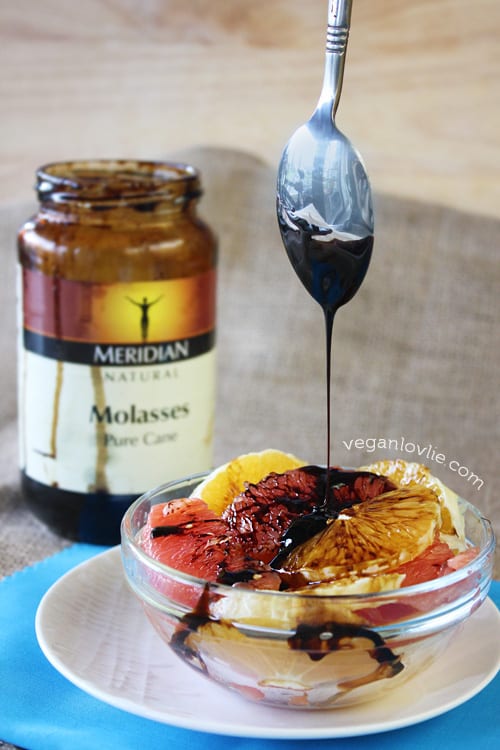
So, Why Should We Eat Molasses?
Carbohydrates
Molasses is an excellent source of carbohydrates. A 1/4 cup serving supplies nearly 250 calories of energy in the form of simple sugars. Providing your body with enough carbohydrates enables it to make proper use of your dietary protein. Since your dietary proteins are spared, the body can utilise them to maintain your muscle mass.
Magnesium
Magnesium assists in keeping the immune system healthy and also helps maintain the nerves, muscles and bones. A 1/4 cup serving of molasses supplies about 200mg of magnesium which is half or more of the daily recommended allowance for magnesium (which is between 310 and 420 mg).
Manganese
Manganese is required in the body as a co-factor for many metabolic enzymes and also aids in anti-oxidant reactions. A 1/4 cup of molasses contains 1.3 mg of this trace element and the body requires between 1.8 and 2.3 mg of manganese daily. This is more than 50% of the daily requirement.
Copper
Copper assists in the metabolism of iron and also in extracting energy from the foods we eat. It is an integral component of the nervous system. 1/4 cup of molasses provides almost half of our daily need for copper which is 0.9 mg.
Iron
Iron deficiency can lead to anaemia. Regular consumption of molasses can help maintain the iron level in the body at an optimum level.
Molasses contains 4 mg of iron per 1/4 cup. This amounts to between 25 and 50 percent of your daily requirement, depending on your age and sex.
Potassium
Potassium assists in many functions in your body. These include transmission of nerve signals, muscle contraction, regulation of blood pressure, maintenance of fluid balance and proper heart function.
Molasses is rich in the mineral potassium, with 1/4 cup providing more than 1,200 mg, or 25 percent of the amount you need each day.
Reference:
Livestrong.com
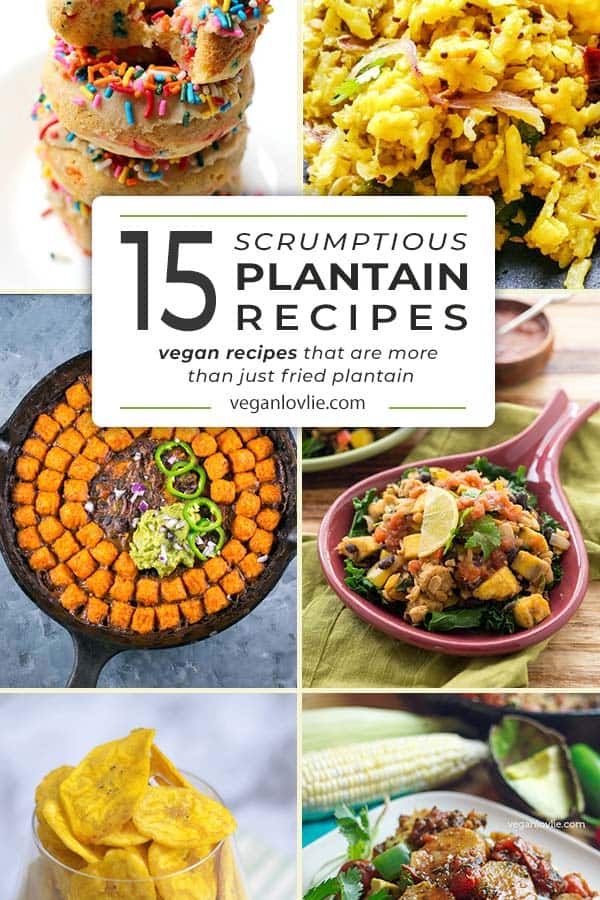
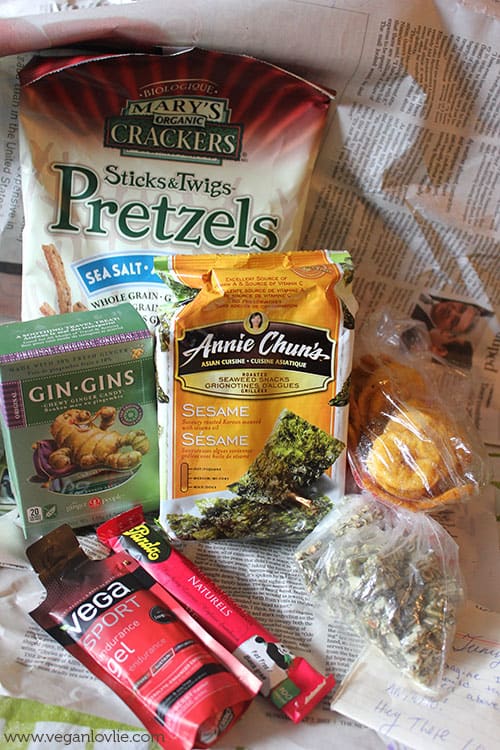
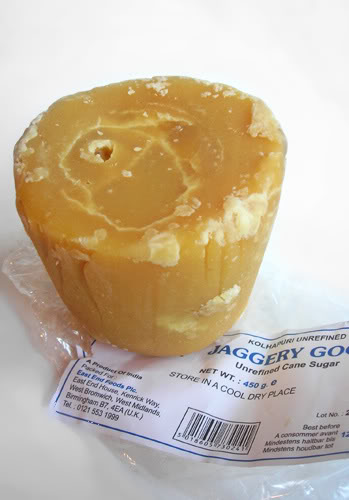
I LOVE molasses too. Its really a nice sweet taste. I posted a bouddha breakfast bowl last week and the recipe could not be anything without the molasses! I will try molasses with grapefruit you really made me hungry here !!:)
Yes I mentioned your bouddha bowl here, really had to share it! I'm thinking of making it with quinoa instead of brown rice but both are good! 🙂
Thank you for this! I am currently doing research into a vegetarian/vegan diet and one thing that has concerned me is my iron. I just found out I tend to be anemic and so this is something that has worried me but this is great information. Thank you for sharing!